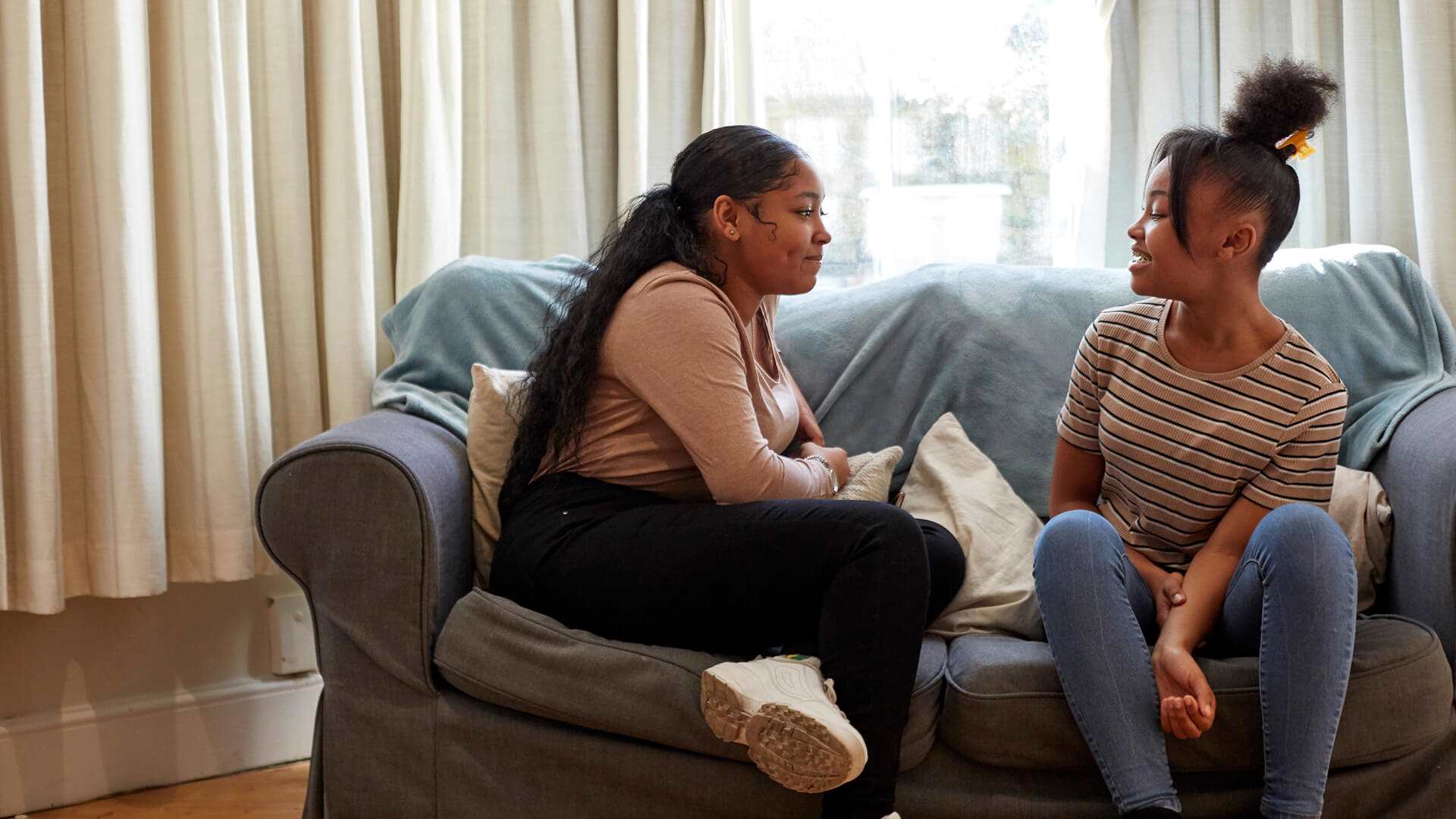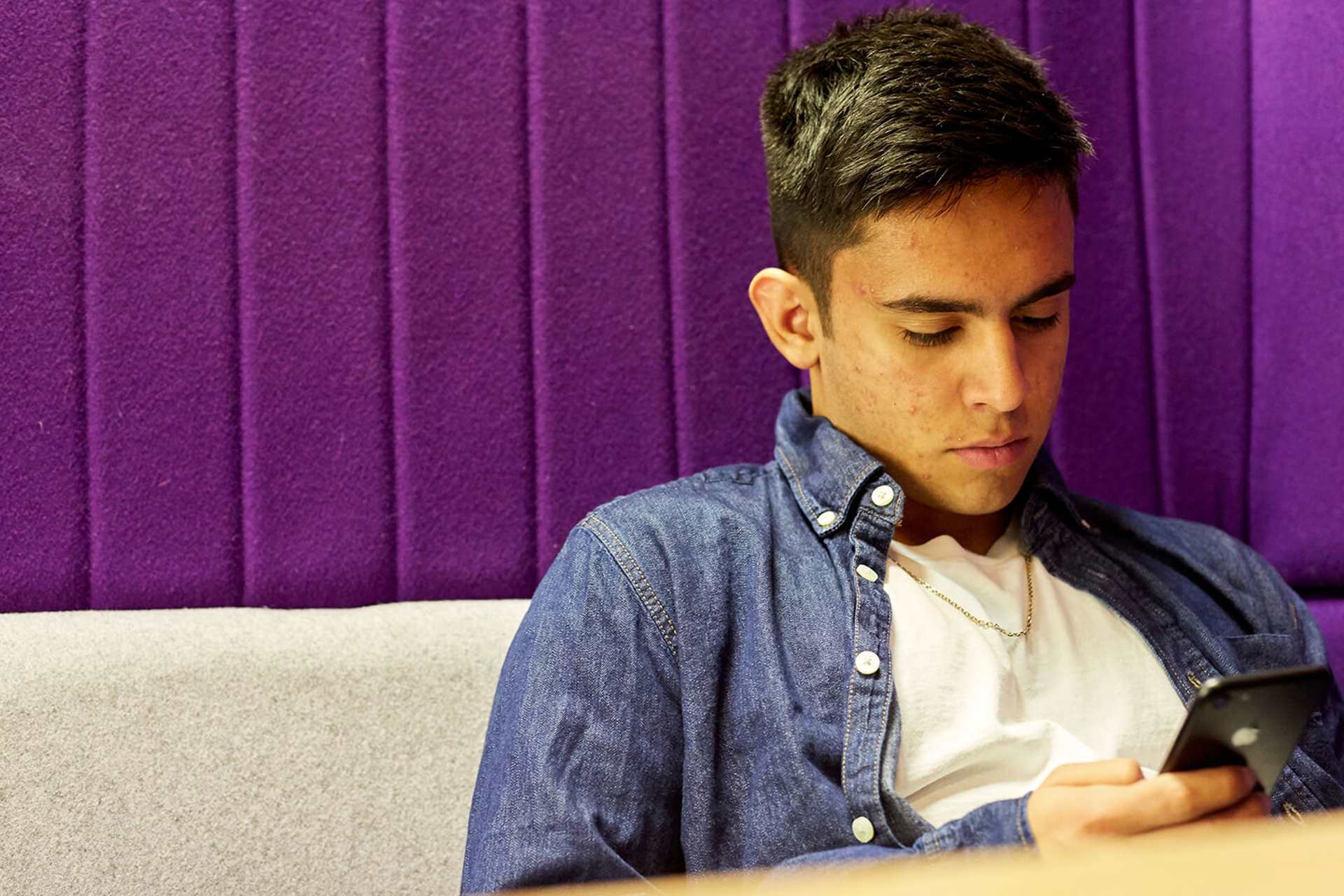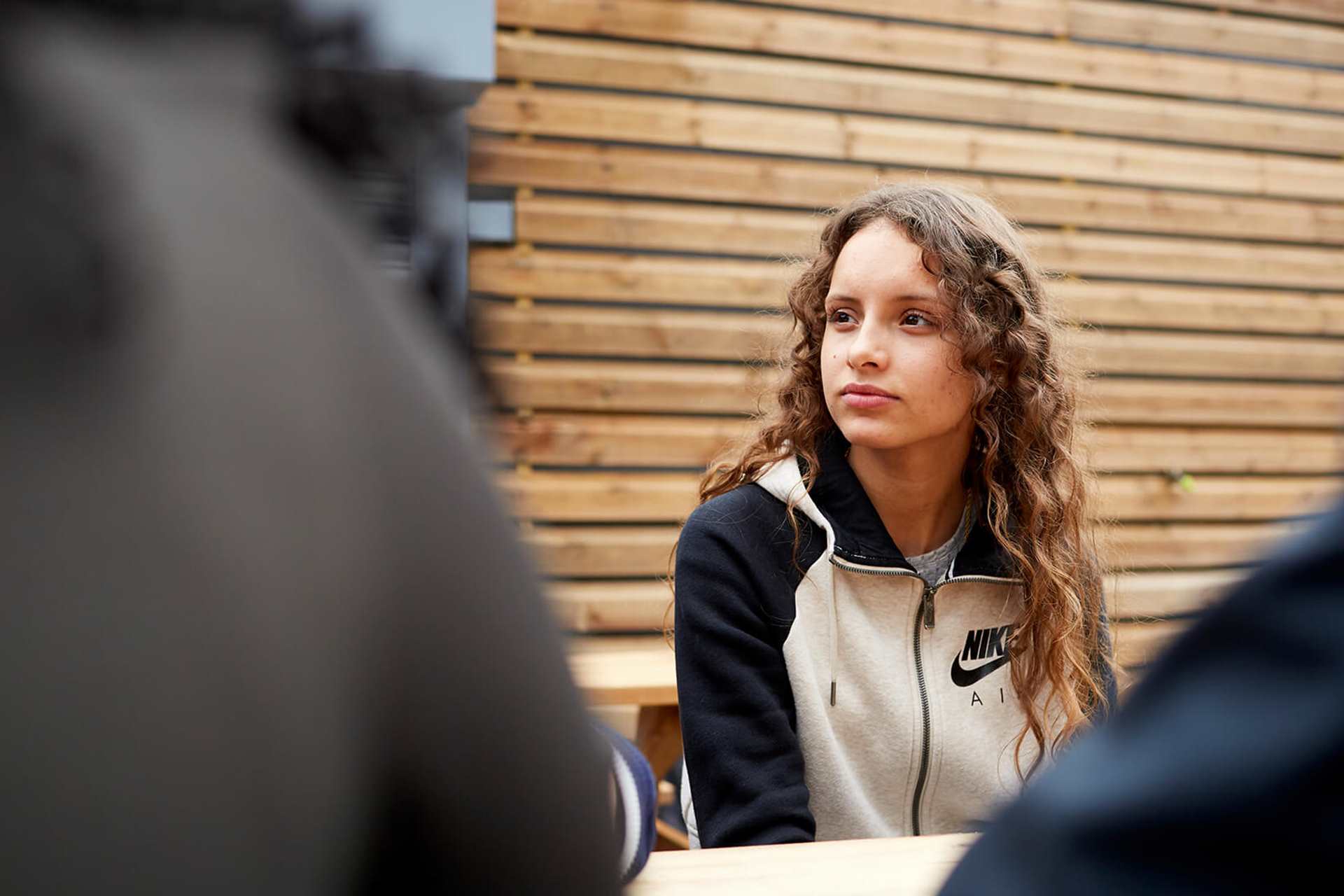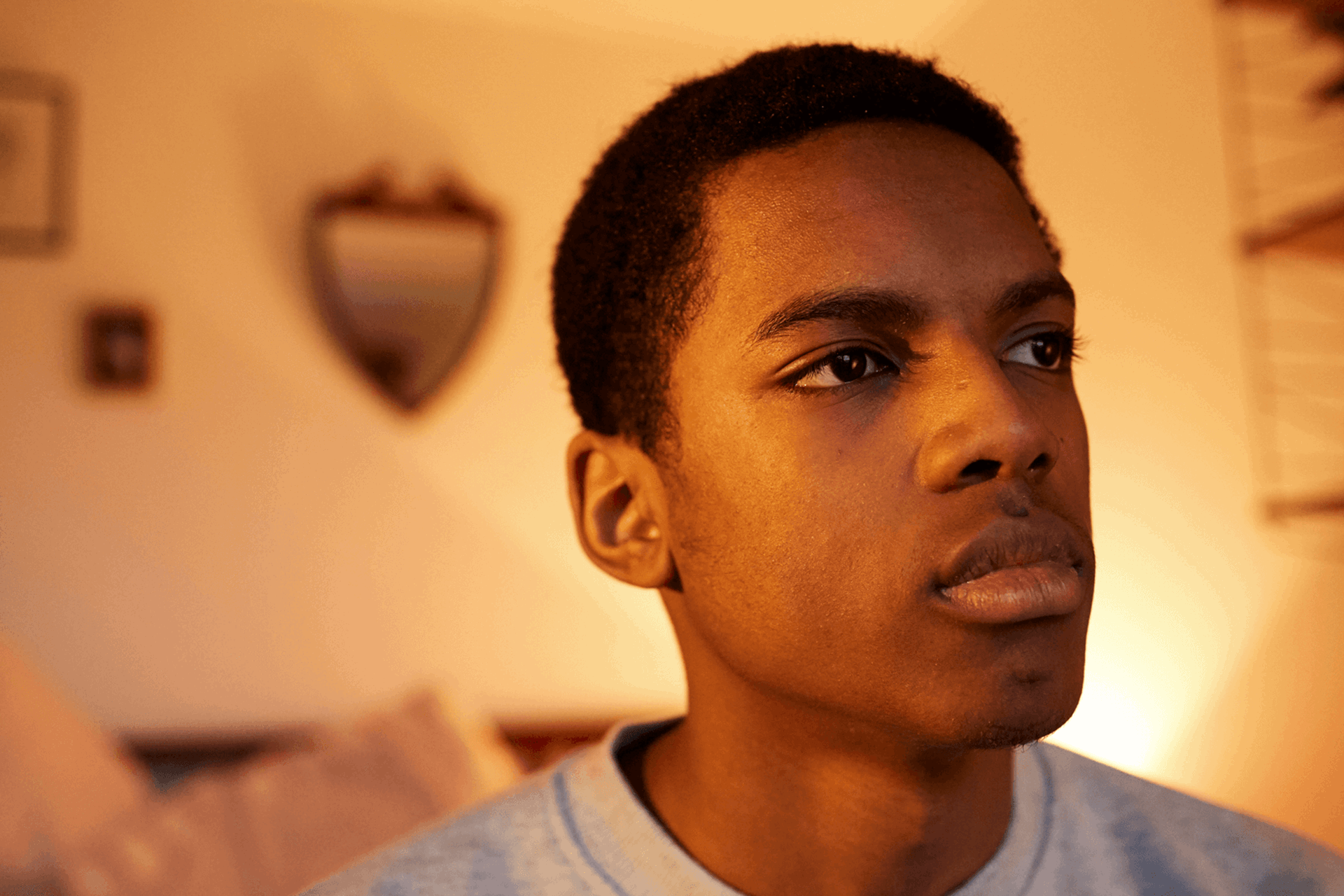Topics mentioned: anxiety, OCD, phobias, panic attacks
About: Laura shares her experience of anxiety and OCD as a competitive athlete, and how she learnt to look after her mental health first.
Growing up as a competitive athlete with mental health problems was a kind of dichotomy. My sports acted as my biggest release, giving me a sense of joy and purpose that nothing else ever came close to. But they were also one of my biggest stressors. The pressure that I put on myself pushed me to the edge of breaking point.
I think I’d always kind of known my mental health difficulties would get in the way of my sports, but I ignored it as long as I possibly could.
My mental health and competitive sports
As a child and teenager, I kept myself busy, competing in distance running, figure skating and horse riding. Granted, I was never going to the Olympics, but I dedicated myself to my training nonetheless, competing at county and, occasionally, national level. It was what defined me and made me feel complete.
Most of my school friends didn’t “get” it – why I put in so much effort and was hardly ever available to hang out because I was always at the track, the rink or on a horse. Most of them eventually stopped inviting me to places or parties, and I was fine with that.
I struggled with OCD and anxiety since I was around nine years old. I think I’d always kind of known my mental health difficulties would get in the way of my sports, but I ignored it as long as I possibly could, brushing my feelings off and justifying them by telling myself anyone would be feeling a bit anxious. But it was more than that.
One by one, my mental health problems started to sabotage my sports, and I kept putting myself back in those situations purely for the feeling that’s like no other when it did go right, when it was okay, when I could just shut my mind off and focus on letting my body do what it had trained to do.
I kept putting myself back in those situations purely for the feeling that’s like no other when it did go right, when it was okay, when I could just shut my mind off and focus on letting my body do what it had trained to do.
How OCD and anxiety affected my training
It first became noticeable for me in my early teens. I’d start tying my figure skates multiple times over, never quite satisfied that they were tight enough. I’d put my hair into a ponytail and it would never feel quite right, so I’d do it over and over again in the toilets, refusing to emerge and start training until it felt okay. When I ran, I’d take time I couldn’t afford to lose slowing myself down, making my feet touch or brush in certain places, because it felt like I just had to.
My OCD was taking a toll on my training. But I was continually triggering myself by putting myself in that situation daily. I sought treatment for my OCD then, which did help a little, but I kept training, and kept competing, and things kept getting harder.
The less I thought about obsessions and compulsions, the more space I had in my mind for anxiety to take hold. Beyond pre-performance jitters, I started to become gripped by the irrational fear that I would vomit, or faint, or die.
Exacerbated by exerting myself, I started to hold myself back physically. When I ran, I wouldn’t push myself anymore. When I skated, I kept taking breaks and disappearing into the toilets. When I rode, the horses picked up on my anxiety. But still, throughout all of this, there was a burning, passionate part of me that still loved her sports and the rush of it.
I was determined and I did have talent, but I pushed myself too far when my own mind was crying out that it couldn’t help.
For the first time ever, I couldn't finish a race
But, in 2017, it came to a head. I was 16 and had just raced my way to a spot on the county team at the cross country running national championship. Of course, anxiety had a hold on me in the run-up to the event, but it never crossed my mind that I wouldn’t run. Perhaps a third of the way into the race, the panic attack came over me.
For the first time ever, I couldn’t finish a race, and it had happened at one of the biggest ones. That same year, I performed worse than usual at the skating competitions and, the following summer, I withdrew from the Trailblazers showjumping championship I was due to compete in with my horse. I was a bundle of anxiety and it had started to unravel.
Throughout everything, I was extremely lucky to have such patient, supportive parents, coaches and people around me who never judged me or forced me into doing anything. I did it to myself.
I’m not going to pretend I’d be a multi-medal winning athlete if I didn’t have mental illness to deal with, but I was held back by my own mind, and I could see it happening but I chose to ignore it.
I was determined and I did have talent, but I pushed myself too far when my own mind was crying out that it couldn’t help. I should’ve listened sooner. I know that now.
Sometimes, I still think about what could’ve been, and it’s hard, but I take care of my mind first now, and feel all the better for it.
I take care of my mental health first
I spent a lot of time feeling bitter and deflated afterwards, thinking about where I could’ve maybe got to if I wasn’t dealing with a battle in my mind at the same time. Would I still be competing? Would I be coaching? Earning a bit of money?
I don’t feel that way anymore. Sometimes, I still think about what could’ve been, and it’s hard, but I take care of my mind first now, and feel all the better for it. I didn’t quit sport either. After a much-needed break to reset, I continued to run, although not competitively, just for the enjoyment of it. I also kept riding, occasionally attending some local competitions, and it is amazing how much better the horse and rider partnership is once you start to enjoy living in the moment, not for the rosettes. I no longer skate, but it’s on my mind a lot and I wouldn’t rule out going back.
For now, I’m taking it easy, dealing with things as they come and listening to my mind when it tells me the pressure is too much.
I hope you feel less alone
It's not for me to say whether competitive sport is good or bad for your mental health, but I can tell my story in the hope that it resonates with someone and helps them feel less alone. For me, my sports didn’t cause my mental health struggles, but they certainly weren’t compatible with them at the level I was pushing myself to.
That doesn’t mean they never will be, and, at 21, it doesn’t mean I’ve renounced competing entirely. When I’m ready, I might go back, if my mind and body allow me to. But for now, I’m taking it easy, dealing with things as they come and listening to my mind when it tells me the pressure is too much.
More information and advice
We have tips and advice to help you find the support you need. Take a look at our guides.
Where to get help
However you're feeling, there are people who can help you if you are struggling. Here are some services that can support you.
-
OCD Action
Offers support and information to anybody affected by obsessive compulsive disorder (OCD).
- Opening times:
- 9:30am - 8pm, Monday - Friday
-
Youth Access
Provides information about local counselling and advice services for young people aged 11-25.
Put in your location and what you need help with into their 'Find help' search, and see what services are available in your area.






